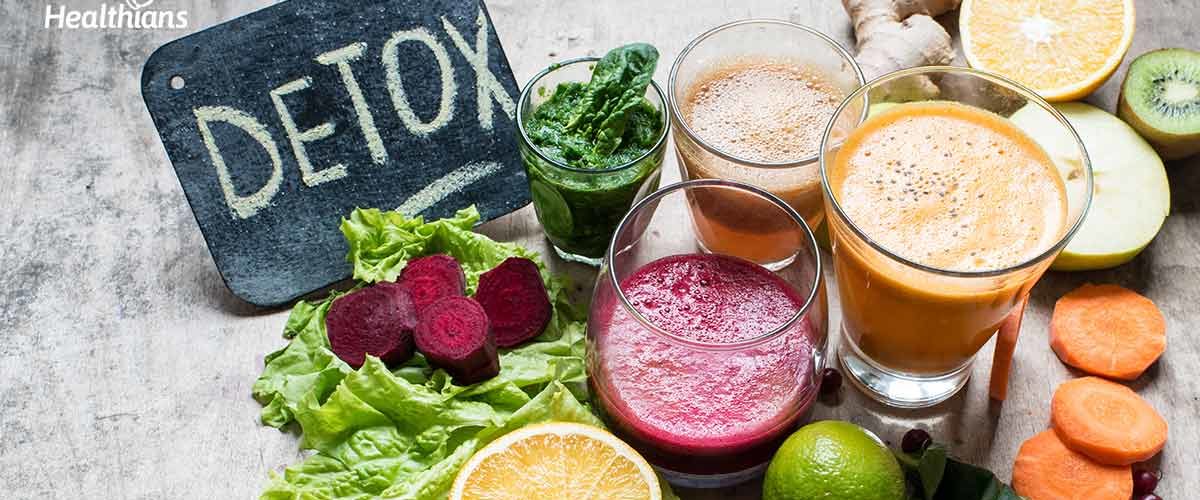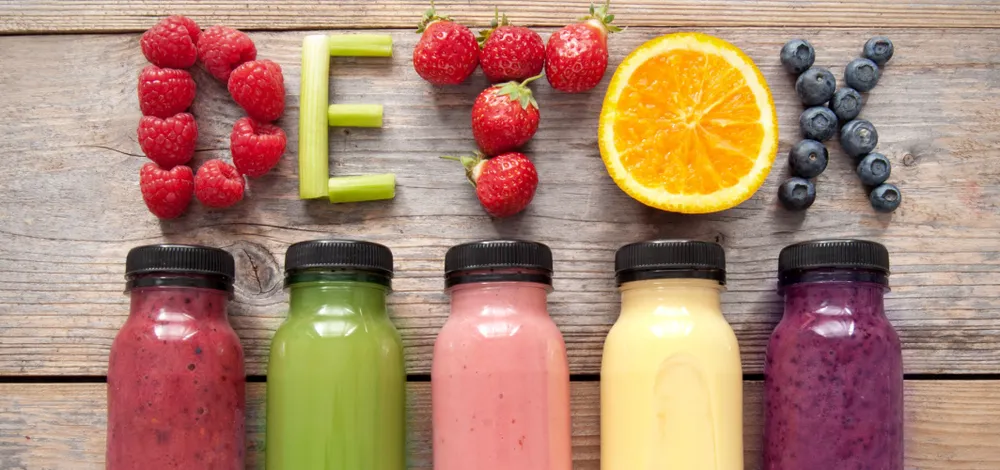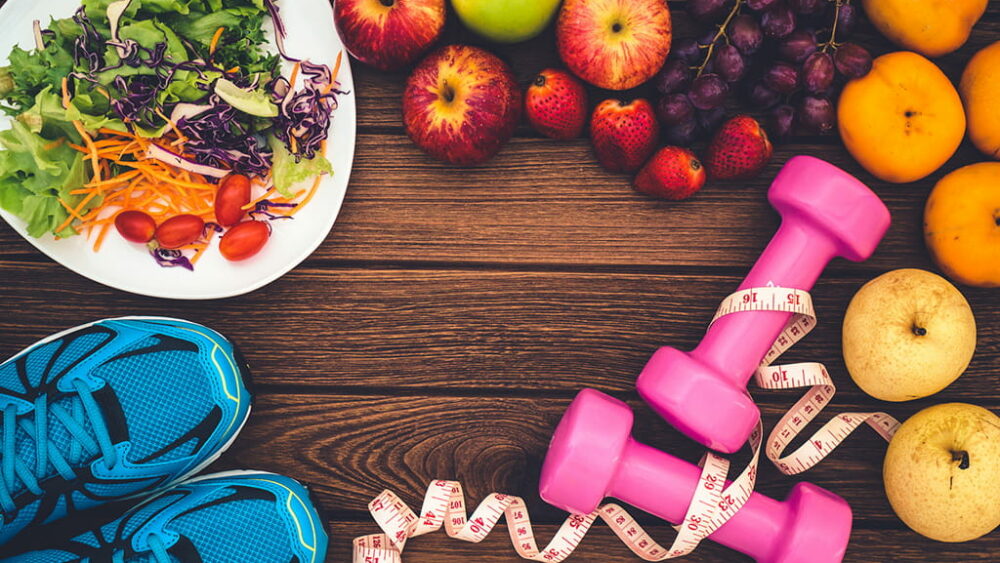
In recent years, detox diets have become incredibly popular, promising quick weight loss, glowing skin, improved digestion, and a clean slate for your health. From juice cleanses to herbal teas and “miracle” supplements, the detox industry markets itself as the key to ridding the body of harmful toxins. But how much of this is actually true? Let’s separate fact from fiction and uncover the real truth about detox diets.
What Are Detox Diets?

Detox diets typically involve a short-term change in eating habits designed to “flush out” toxins from the body. They often include:
- Consuming only juices or smoothies for several days
- Eliminating processed foods, sugar, caffeine, or alcohol
- Taking herbal teas or supplements that claim to support liver function
- Fasting for a specific period
The goal of these regimens is usually twofold: to cleanse the body and to promote rapid weight loss. While these ideas may sound appealing, it’s essential to understand what actually happens inside your body.
Your Body Already Has a Detox System
Here’s the truth: your body doesn’t need special diets or expensive juices to detox. It has an incredibly efficient detoxification system made up of your liver, kidneys, lungs, skin, and digestive tract.
- The liver filters out harmful substances and transforms toxins into compounds that can be safely excreted.
- The kidneys filter your blood, removing waste through urine.
- The lungs expel carbon dioxide and other gases.
- The skin eliminates toxins through sweat.
- The digestive system ensures that waste and toxins exit through bowel movements.
Unless you have a medical condition that impairs these organs, your body is perfectly capable of detoxifying itself — no special diet required.
The Weight Loss Myth

Many people turn to detox diets hoping to lose weight quickly. And it’s true — most detox programs can lead to short-term weight loss. But this is often due to water loss, glycogen depletion, and a reduction in calorie intake, not actual fat loss.
Once you return to your normal eating habits, much of the lost weight tends to come back. This “yo-yo” effect can be frustrating and unsustainable. Moreover, extremely restrictive detox diets can slow down your metabolism, making it even harder to maintain weight in the long run.
Potential Benefits of Detox Diets
While detox diets aren’t magical, they’re not all bad either. Some short-term detox plans encourage healthy behaviors like:
- Eating more fruits and vegetables
- Drinking more water
- Cutting down on processed foods and sugary drinks
- Limiting alcohol and caffeine intake
These changes can lead to increased energy levels and better digestion — but the benefits come from healthier habits, not from “flushing out toxins.” Essentially, it’s not the detox itself that’s helping you; it’s the fact that you’re finally giving your body the nutrients and rest it needs.
The Risks and Downsides
Detox diets can pose real risks, especially when followed for long periods or without professional guidance. Some common issues include:
- Nutrient deficiencies: Restrictive detox diets often lack essential vitamins, minerals, protein, and healthy fats.
- Low energy levels: Drastically cutting calories can lead to fatigue, irritability, and difficulty concentrating.
- Digestive issues: Sudden dietary changes may cause bloating, diarrhea, or constipation.
- Muscle loss: Severe calorie restriction can lead your body to break down muscle for energy.
- Dehydration or electrolyte imbalance: Overuse of detox teas or laxatives can disrupt your body’s fluid balance.
People with existing medical conditions, pregnant women, and children should be especially cautious. Always consult a healthcare provider before starting any extreme diet.
A Healthier Alternative: Everyday Detox Through Lifestyle

Instead of following trendy detox fads, focus on sustainable lifestyle habits that support your body’s natural detoxification process. Here are some proven strategies:
- Eat a balanced diet rich in whole foods, fiber, lean protein, and healthy fats.
- Stay hydrated by drinking plenty of water throughout the day.
- Get enough sleep to allow your body to repair and regulate essential processes.
- Move your body regularly to improve circulation and support metabolic function.
- Limit processed foods, alcohol, and excess sugar — these can burden your detox organs over time.
- Support gut health with probiotic-rich foods like yogurt, kefir, or fermented vegetables.
These habits don’t promise overnight results, but they promote lasting health and help your body work the way it’s meant to.
The Bottom Line
Detox diets may sound like the perfect shortcut to better health, but the truth is that your body already knows how to cleanse itself naturally. While short-term detoxes can encourage healthier habits, they’re not necessary — and in some cases, they can do more harm than good.
Instead of relying on quick fixes, focus on long-term, sustainable lifestyle changes that support your body every day. A healthy diet, proper hydration, regular movement, and adequate rest will do far more for your well-being than any detox cleanse ever could.

